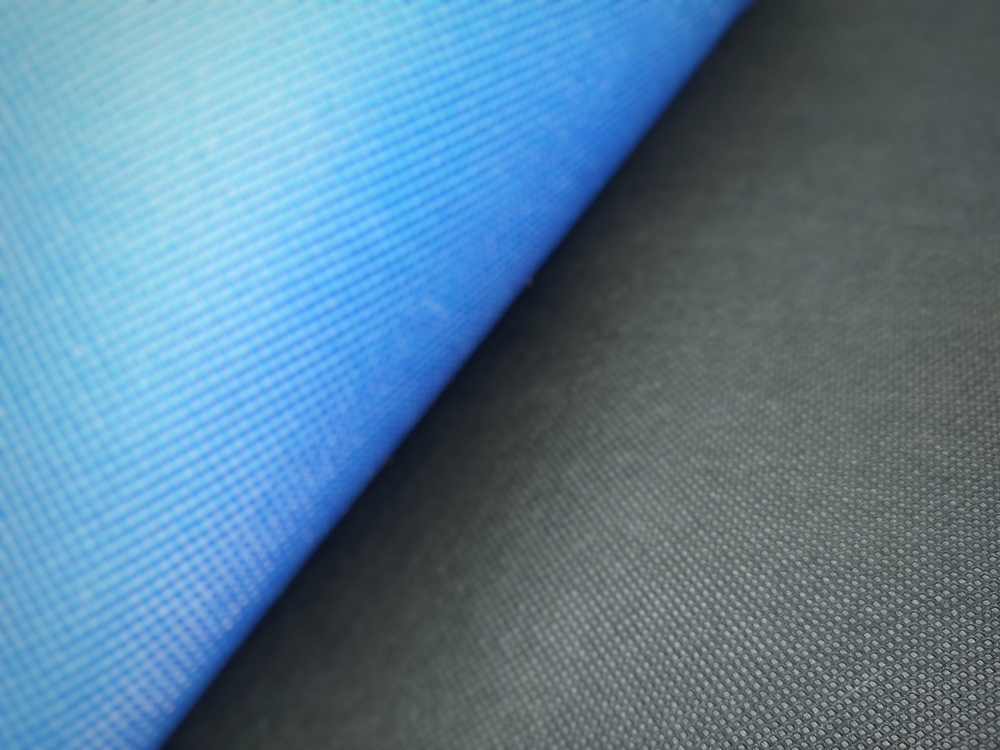Neoprene is a versatile synthetic rubber that has found its way into many applications, demonstrating its resilience, flexibility, and adaptability across various industries.
The team at Coating Systems shares what neoprene is and explores its composition and applications.
What Is Neoprene?
Neoprene is a synthetic rubber that belongs to the family of chloroprene polymers. Discovered in 1930 by DuPont chemists, its development marked a significant milestone in materials science.
Related Post: What Is Rubber Packing Used For?
Neoprene is a type of elastomer. Its elastic properties make it ideal for applications that demand flexibility, durability, and resistance to diverse environmental conditions.
What Is Neoprene Made Of?
Neoprene is made mainly from chloroprene molecules, which consist of a chlorine atom, a carbon atom, and two hydrogen atoms. To create neoprene, these molecules are linked through a process called polymerization, forming a strong and flexible structure that gives neoprene its unique properties.
Related Post: Coating Systems: Examples of Polymers
During neoprene production, it often undergoes modifications to improve its performance. One common modification is adding fillers like carbon black to increase strength and resistance to wear. Another process, vulcanization, involves adding sulfur to enhance durability and heat resistance.
Neoprene Rubber Applications
Neoprene rubber’s versatility has led to its widespread use across diverse industries.
Here are some key applications where neoprene excels.
- Wetsuits and drysuits: Neoprene’s ability to provide insulation and resist water absorption makes it a go-to material for wetsuits and drysuits in water sports. Its flexibility allows for a snug fit, ensuring maximum comfort and protection.
- Automotive industry: Neoprene’s resistance to oils, chemicals, and extreme temperatures makes it valuable in the automotive sector. It is commonly used in gaskets, hoses, and other components requiring durability and the ability to withstand harsh conditions.
- Industrial coatings: The team at Coating Systems leverages neoprene in various industrial applications. Neoprene coatings provide excellent resistance to chemicals, abrasion, and weathering, making them ideal for protecting surfaces.
- Electronics: Neoprene’s electrical insulating properties make it a suitable material for manufacturing cables and connectors.
- Sporting goods: Beyond wetsuits, neoprene is also prevalent in producing sporting goods such as gloves, knee pads, and footwear.
Is Neoprene Waterproof?
One of neoprene’s standout features is its remarkable water resistance. While it may not be entirely waterproof, it is highly water-resistant. The closed-cell structure of neoprene prevents water from permeating the material, making it an excellent choice for applications where exposure to moisture is a concern.
Rubber Packing from Coating Systems
Neoprene contributes to developing cutting-edge coating solutions, ensuring the longevity and resilience of surfaces in diverse environments.
For more information about our rubber packing materials, call Coating Systems at (800) 593-7754 or contact us online today.


